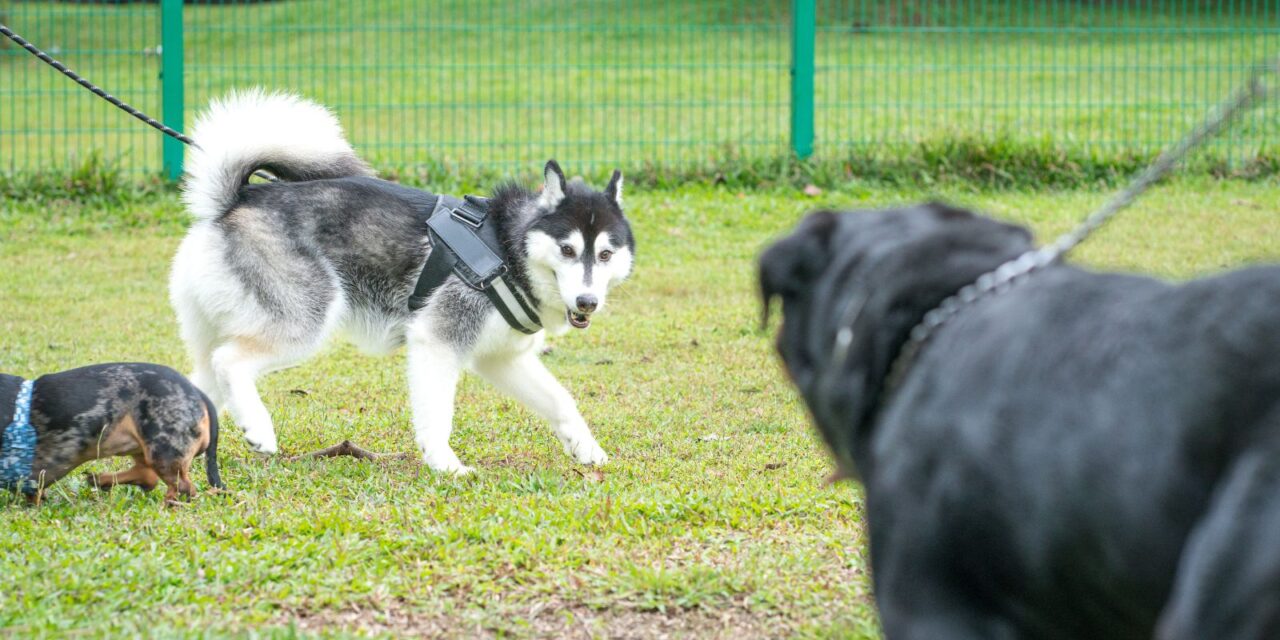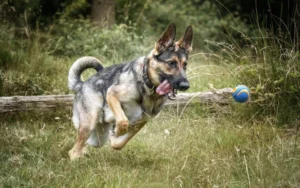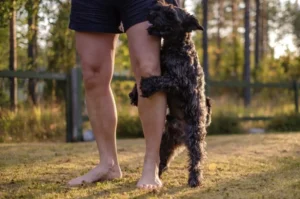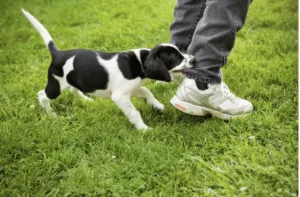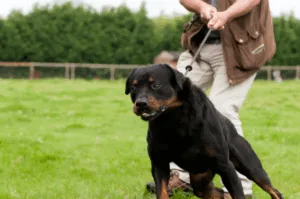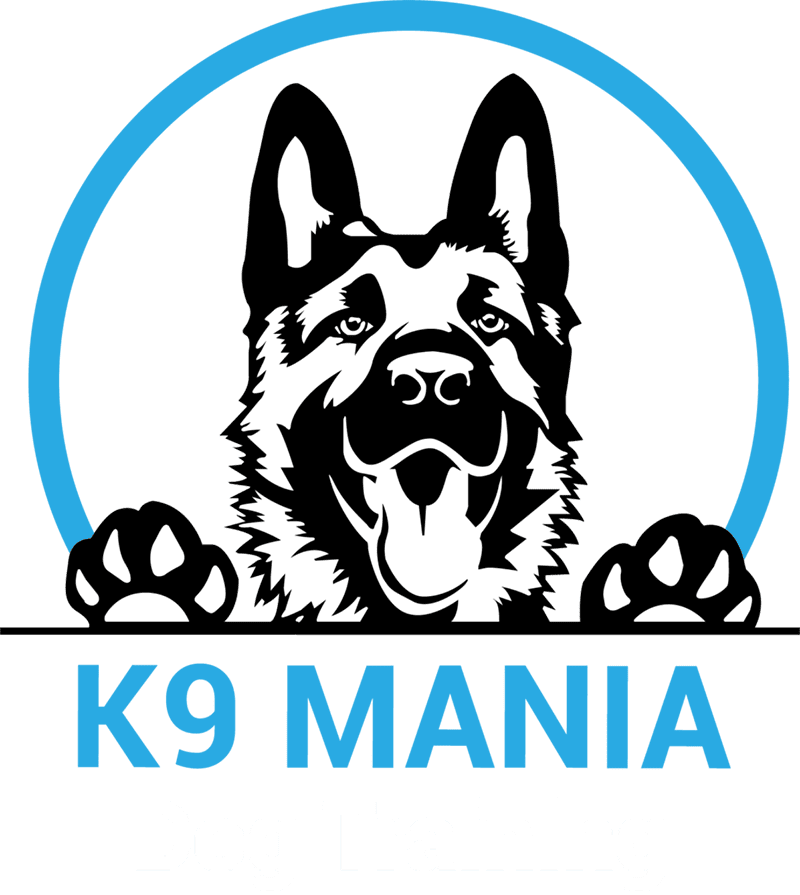In the world of canine companionship, socialization plays a pivotal role in ensuring that your dog leads a well-adjusted, happy, and healthy life. However, not all dogs receive the essential socialization they need during their critical development stages.
Discover the unmistakable indicators of a poorly socialized dog, delve deep into the critical importance of comprehensive socialization, and be equipped with effective strategies to enhance your dog’s social aptitude, all through the expert lens of K9 Mania Dog Training.
The Importance of Socialization for Dogs
Socialization is a crucial part of a dog’s development, influencing their behavior and ability to interact comfortably with other animals and humans. It involves exposing your dog to a variety of people, environments, and situations, helping them become well-adjusted and confident. A well-socialized dog is typically happier, less anxious, and more adaptable to changes in their environment. Unfortunately, not all dogs receive the necessary socialization early in life, leading to challenges that can affect their quality of life and their relationship with you.
Signs Your Dog May Be Poorly Socialized
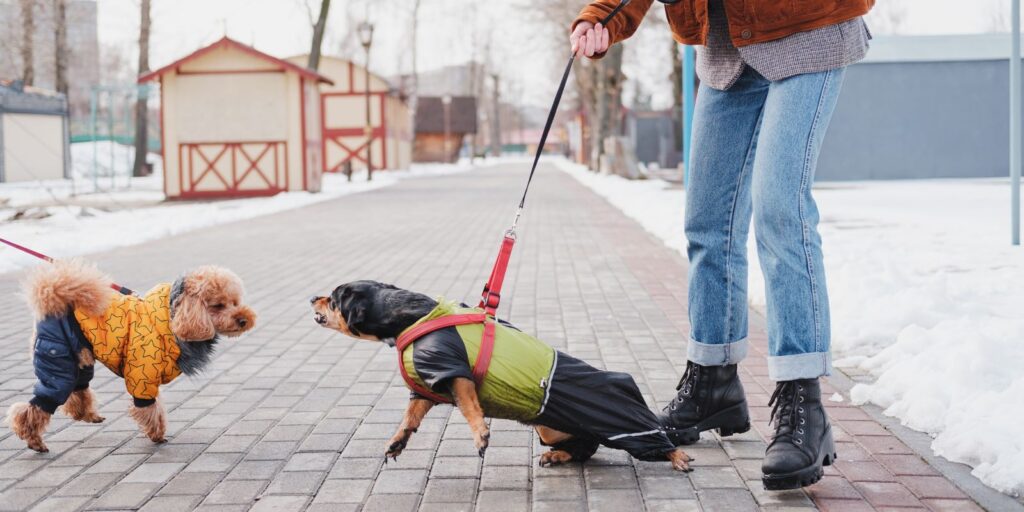
Unexpected Aggression
Aggression towards other dogs, animals, or humans, especially in non-threatening situations, can be a sign of fear or discomfort stemming from inadequate socialization. Examples may include growling, lunging, or snapping when approached by unfamiliar individuals or animals.
Fear and Anxiety
A dog that appears overly fearful or anxious around new people, animals, or in unfamiliar settings may lack proper socialization. Signs of fear and anxiety can include trembling, cowering, or attempting to flee from perceived threats.
Poor Interaction with Other Dogs
Difficulty in playing or interacting appropriately with other dogs, including excessive dominance or submission, can indicate poor social skills. This can manifest as overly rough play, refusal to engage with other dogs or frequent conflicts during social interactions.
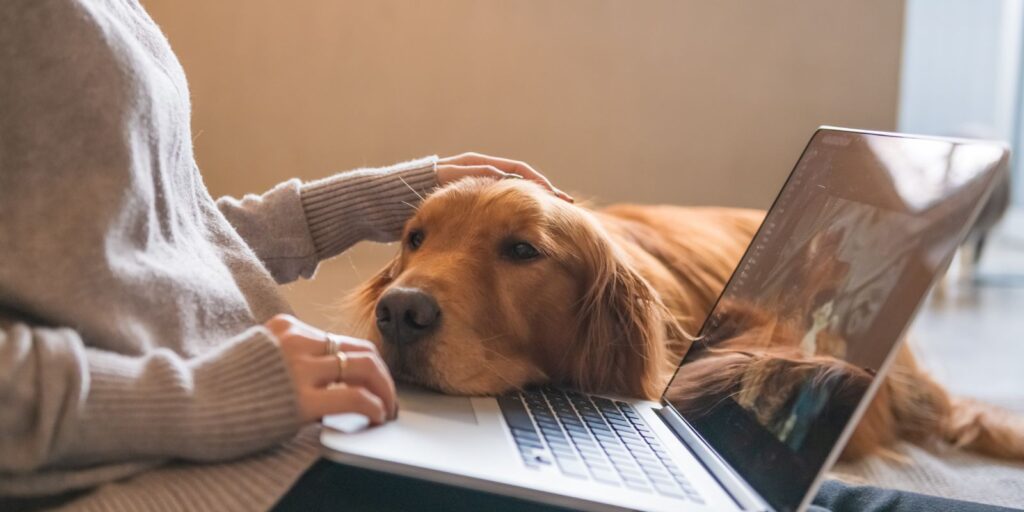
Overdependence on the Owner
An overreliance on you for security, to the point of distress when alone, suggests your dog may not have learned to cope independently. Dogs may exhibit behaviors like following, clinginess, or separation anxiety when separated from their owners.
Hyperactivity or Overexcitement
While enthusiasm is normal, overexcitement in social situations can be a sign of inadequate exposure to various stimuli. Your dogs may become overly aroused, unable to calm down, and may exhibit erratic behavior in social settings.
Excessive Vocalization
Frequent or unnecessary barking, whining, or howling in social situations may indicate discomfort or excitement due to unfamiliarity. This can happen when encountering new people, animals, or situations.
Avoidance of Eye Contact
Avoiding eye contact can be a sign of anxiety or fear, possibly due to a lack of early social experiences. Dogs may avert their gaze or turn their heads away when approached or engaged with unfamiliar individuals.
Difficulty in Adapting to New Environments and Situations
Struggling to adjust to changes can suggest a dog hasn’t been adequately exposed to different environments and experiences. This may include reluctance to explore new surroundings, hesitation in encountering new objects, or difficulty coping with changes in routine.
How to Improve Your Dog’s Social Skills
Improving your dog’s social skills requires patience, understanding, and sometimes professional help. Here are some strategies:
Gradual Exposure to New Experiences
Slowly introducing your dog to new people, animals, and environments can help them become more comfortable in various situations. For instance, if you’re introducing your dog to new people, start with one person in a quiet environment before gradually increasing to more people or more bustling settings.
Regular Interaction with Other Dogs
Arranging playdates or visiting dog parks allows your dog to learn appropriate social behaviors from their peers. It is also important to monitor these interactions closely and intervene if play escalates to aggression or one dog seems overwhelmed.
Training and Behavior Modification Techniques
Incorporating structured board and train program sessions into your dog’s routine can significantly improve their social skills. If your dog exhibits fear, aggression, or anxiety, specific behavior modification strategies can be employed.
Professional Dog Training
Sometimes, the expertise of professional dog trainers is invaluable, especially for addressing more ingrained socialization issues. At K9 Mania Dog Training, our team is adept at identifying and tackling the unique challenges your dog may face. Our behavior modification training is meticulously designed to cater to each dog’s specific needs, ensuring a tailored approach to enhancing their social skills. Whether your dog needs help overcoming fearfulness, aggression or simply learning to play nicely with others, our experts are here to guide them through it.
🔗 Learn more about our Board and Train Long Island program.
The Potential Consequences of Poor or Inadequate Socialization
- Increased anxiety and stress
- Behavioral issues, including aggression or fearfulness
- Difficulty in forming bonds with other animals or humans
- Challenges in adapting to new situations or environments
- Reduced quality of life
Improving your dog’s socialization is not only possible, but it can also significantly enhance their well-being and your relationship with them. Whether you’re wondering, “Can you socialize an older dog?” or looking for effective dog socialization training, remember that it’s never too late to make a positive change in your dog’s life.
Embarking the Journey Together
Understanding the signs of a poorly socialized dog is the first step toward creating a more fulfilling life for both of you. With patience, love, and the right support from professionals like K9 Mania Dog Training, you can help your dog overcome socialization barriers. As part of our Board and Train Long Island program,
Our team is dedicated to providing the tools and guidance necessary for enhancing your dog’s social skills, whether it’s learning how to socialize a reactive dog or improving general behavior. By addressing these challenges, you’re not just training your dog; you’re unlocking a deeper, more rewarding relationship.
For personalized advice and dog training solutions, reach out to us at K9 Mania Dog Training one of the most professional dog training Long Island. Let’s work together to ensure your dog enjoys a happy, socially enriched life.

